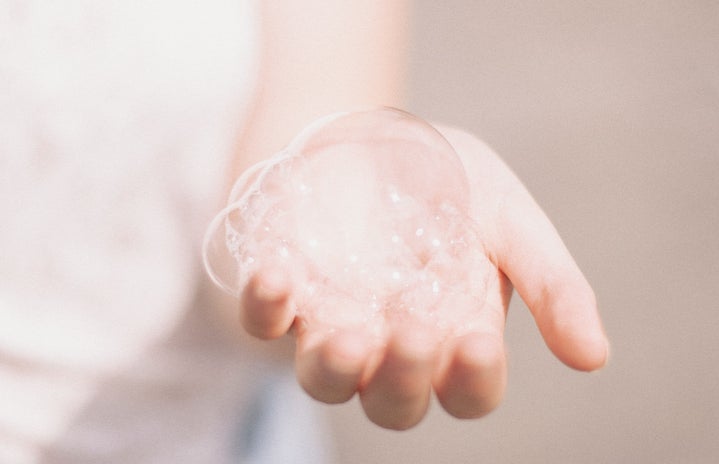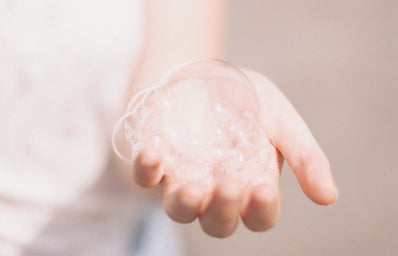On Wednesday, March 11, 2020, I told my professor I didn’t feel safe coming to school. Two days later, I said goodbye to the outside world and began my social distancing.
There’s the mentality of, “it’ll never happen to me. It only affects older people and those with underlying health problems!” This attitude can lead to folks disregarding pleas for social distancing, such as with spring breakers a few weeks ago.
A person attending spring break parties told CBS news: “What is there to do here other than go to the bars or the beach?… And they’re closing all of it… I think they’re blowing it way out of proportion. I think it’s doing way too much.” Another told reporters “what they’re doing is bad. We need a refund. This virus ain’t that serious. There’s more serious things out there like hunger and poverty, and we need to address that.”
When you’re young, healthy and itching to party, socialize or even go outside, it’s easy to overlook those who would be hit the hardest. It’s easy to imagine that COVID-19 would never affect — and certainly not kill — people you know. It’s easy to forget about people like me, an immunocompromised person.
I’m only 24-years-old, and I’ve had chronic erythema nodosum, a rare condition causing painful nodules, for 10 years this June. I’m currently undergoing further testing. Despite being young, I am high risk for severe illnesses, including COVID-19.
I’ve become a ghost in these times. With people brushing off COVID-19’s severity, they unintentionally ignore my health and in some cases, my existence as an immunocompromised individual. Autoimmune disorders are invisible illnesses, and right now, I’m entirely invisible.
Failing to acknowledge COVID-19’s seriousness and its fatality (even at three percent) means failing to acknowledge those who are high risk. It means skirting around the fact that you probably know someone who is high risk: whether a grandparent, a friend, loved ones or more.
By not social distancing, COVID-19 is more likely to be spread to these loved ones. This is a rare time when we can save the world by sitting on our couches and not going out! So, what can we do instead of spending time with friends and family, or attending various events?
-
Phone and video call often. Just because you’re stuck inside doesn’t mean you have to be alone!
-
Take up a new hobby.
-
Take part in a virtual haunted house/interactive horror experience.
-
Simply practice self-care. Sometimes making it through the day is more than enough.
I’m an immunocompromised person, and I am high risk. I rely on others to stay safe; even though I remain indoors 24/7, my partner still has to work and buy essentials. I can’t be 100 percent safe, but by others following proper protocol (social distancing, staying at least six feet apart from non-household members and sticking to hygienic and sanitary practices), I have a higher chance of staying healthy.
I’m not the only one. There are over two million Canadians living with autoimmune disorders, and countless others who would be deeply affected by COVID-19. And so, please, stay at home, and wash your hands.


